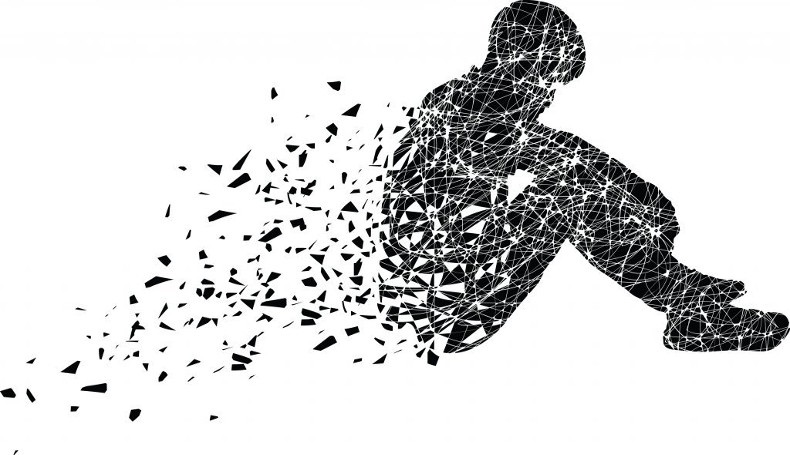This subject is a hard subject for many of us who have suffered trauma as a child and as an adult as well. Do the pain and suffering ever stop? Yes, somewhat. But there are times when something or someone will trigger a flashback and if you are not used to dismissing the emotion of it. It could ruin an otherwise happy moment.
I was with a friend having a fun time, but the way he took off his belt from his waist, sent me back to an abusive spouse. My friend was just been playful. I tried not to let it ruin the fun. I kept it inside and tried to dismiss it and reminded myself inside me, that “I am in a safe place and I am no longer in danger.…”
While the mind tries to forget, the survival part of the brain continues to send signals to the body that it is under a threat. When survivors blow up at a boyfriend or freeze in fear when someone disagrees with them, they rarely realize that these “irrational” reactions are triggered by imprints of a horrifying event from the past.
It’s virtually impossible to revisit those experiences without also reliving the terror and helplessness that accompanied them. Like with the smell of a certain cigarette. I can tell if it is a Camel cigarette brand or not, but most of the time it is a Camel brand. Other cigarette brands don’t get my attention. A little child crying by himself or herself in a corner triggers me. I want to run to them and save them from the monster who is hurting them. What can I do?
Most of us require assistance to feel safe enough to explore those events without also reliving the terror or horror, to truly put our experience in perspective and that ordeal belongs to the past.
If you can safely revisit them you can recognize that we were too small, scared, or powerless to protect ourselves. Then you can not only heal yourself but take care of the wounded parts of yourself. By talking to those wounded parts and explaining to them that now “you are in a safe place”. Talking to your inner child who suffered that pain, and telling your inner child she/he “is no longer in danger”.
Go to an experienced Clinical Hypnotherapist who understands what you are going through, or someone like a Shaman, Curandera/healer. They could help too.
I understand now, how trauma interferes with relationships, and friends after you have survived all this. I would love to help others to heal as well.
Continue to understand that subconsciously and not understanding why you’ve reacted to something like you did, was because of something that happened to you that has changed you to someone you really do not recognize yourself!
Remember, “you are not alone!”
As an adult now, I have volunteered my services by working with children from 5 years old to 18 years of age. I have been volunteering for the past 15 and some years now. Showing children, both girls, and boys, “We will be OK and you are not alone.”
For more information on how you can help a child or get help. Located in Washington State. You can get on the Web and type onto {campvictoryforchildren.org) or call 360-791-7566 ask for Andera, Camp Victory Director.

